In the Philippines, personal loans have become a popular financial solution for individuals looking to meet their urgent financial needs or fund their dreams and aspirations. Whether it’s for home renovations, medical emergencies, education expenses, or travel plans, personal loans offer a convenient way to access the required funds. This article will delve into the intricacies of personal loans in the Philippines, exploring the various aspects that borrowers should consider before taking on this financial responsibility.
What are Personal Loans?
A personal loan is an unsecured loan that allows borrowers to obtain a specific amount of money from a financial institution without providing any collateral. Unlike secured loans that are backed by assets, personal loans rely solely on the borrower’s creditworthiness and ability to repay.
How Do Personal Loans Work?
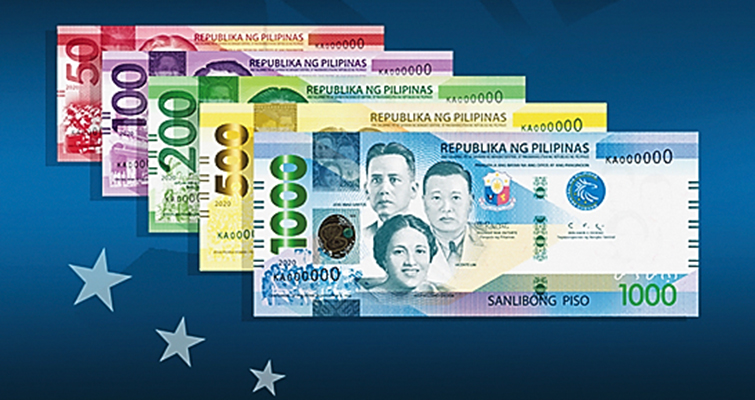
When applying for a personal loan, borrowers need to submit their personal and financial information to the lending institution. The lender will evaluate the applicant’s credit history, income, and other factors to determine their eligibility and the loan amount they can receive. If approved, the borrower receives the funds, and they are required to repay the loan in fixed monthly installments over a predetermined period.
The Pros and Cons of Personal Loans
Advantages of Personal Loans
- Flexibility: Personal loans can be used for a variety of purposes, providing borrowers with the freedom to address their immediate financial needs.
- No Collateral Needed: Since personal loans are unsecured, borrowers don’t need to risk their assets as collateral.
- Quick Approval: Many financial institutions in the Philippines offer swift loan approval processes, ensuring borrowers get access to funds promptly.
Disadvantages of Personal Loans
- Higher Interest Rates: Unsecured loans generally come with higher interest rates than secured loans due to the increased risk for the lender.
- Impact on Credit Score: Failure to repay the loan on time can negatively impact the borrower’s credit score.
- Borrowing Limits: Personal loans have a borrowing limit based on the borrower’s income and creditworthiness, which may not cover all financial needs.
How to Apply for a Personal Loan?
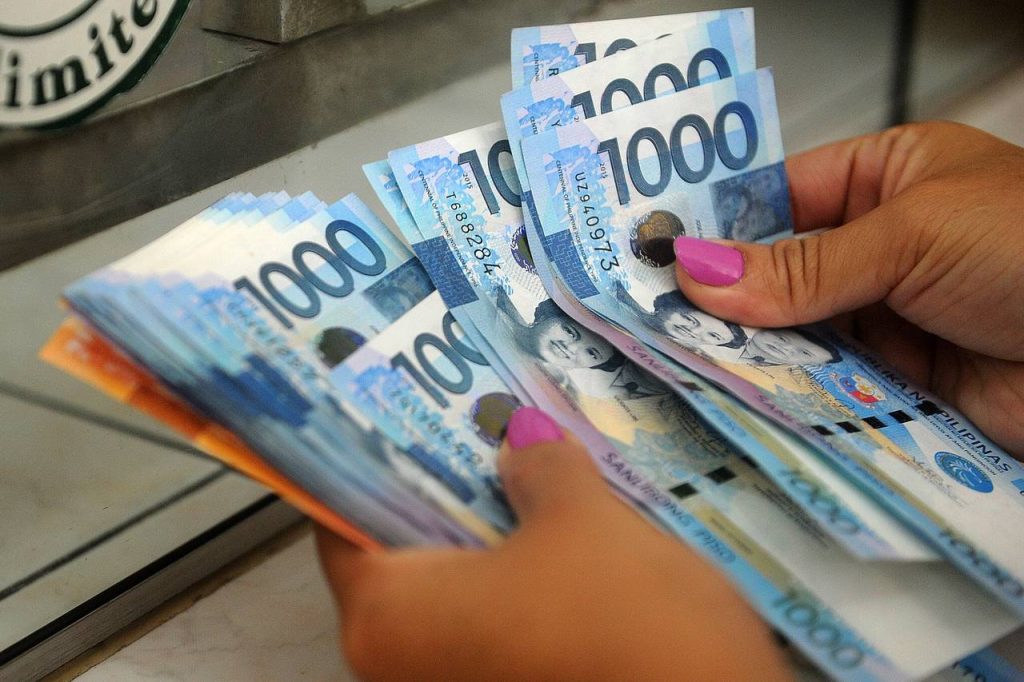
Eligibility Criteria
To be eligible for a personal loan in the Philippines, applicants typically need to meet the following criteria:
- Be a Filipino citizen or a foreigner with a valid visa.
- Be of legal age (usually 21 years old and above).
- Have a stable source of income.
Documents Required
The documentation process for a personal loan usually includes:
- Valid ID (Passport, Driver’s License, etc.).
- Proof of income (pay slips, income tax returns, etc.).
- Proof of residence (utility bills, etc.).
Comparing Loan Offers
Before choosing a lender, it’s essential to compare loan offers from various financial institutions. Factors to consider include interest rates, loan terms, and repayment options.
Tips for Responsible Borrowing
- Assess Your Needs: Only borrow what you need and can afford to repay.
- Read the Fine Print: Understand the terms and conditions of the loan before signing any agreement.
- Make Timely Payments: Ensure that you make your loan payments on time to maintain a good credit history.
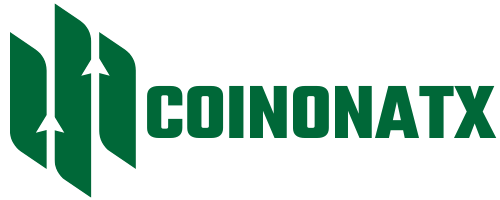
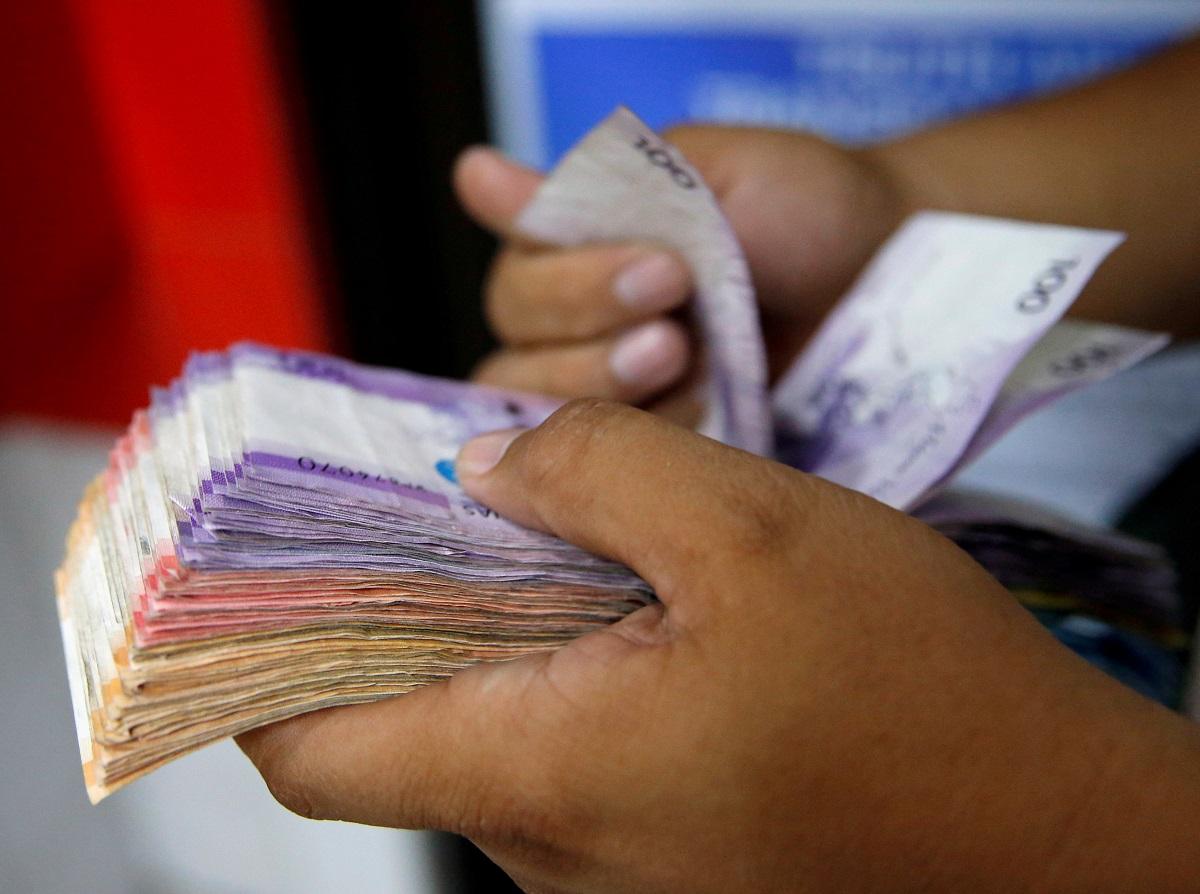

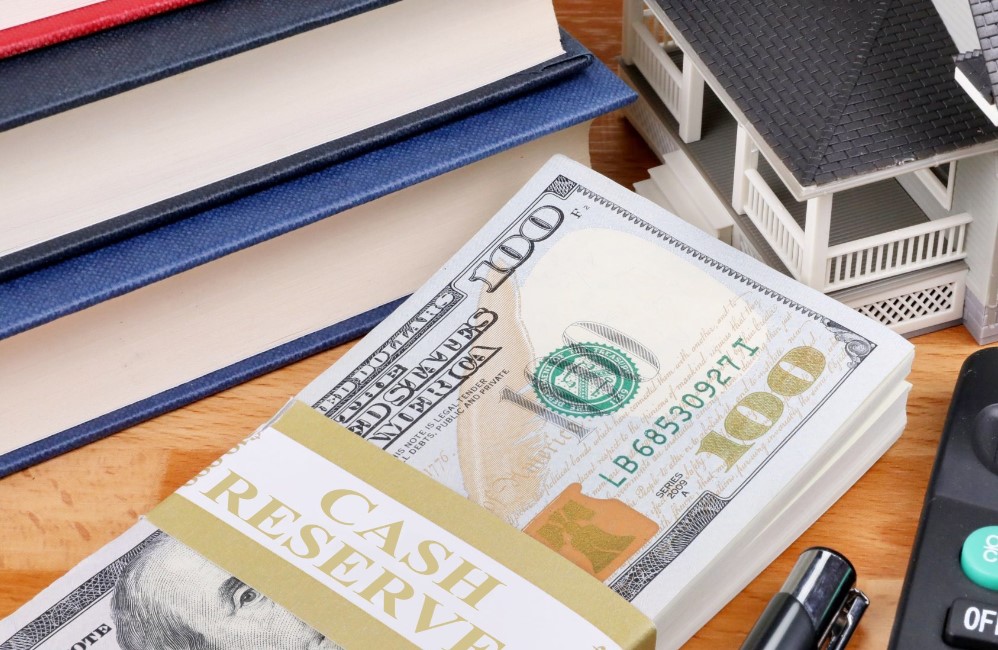

Leave a Reply